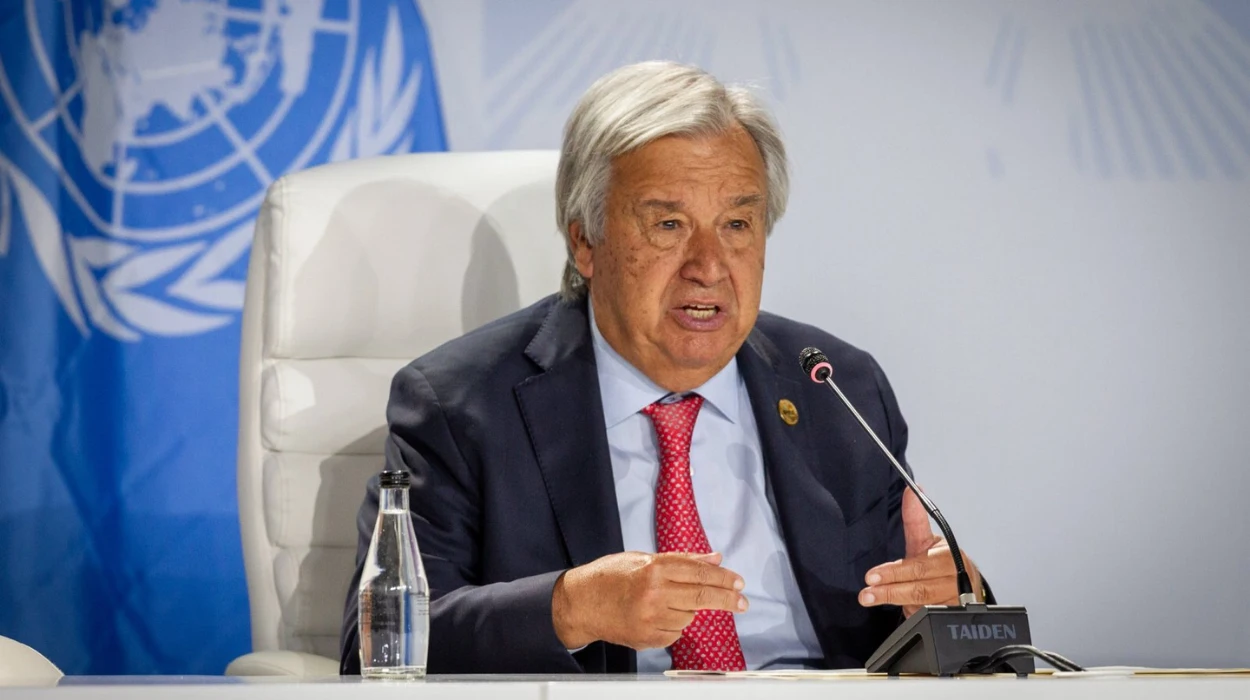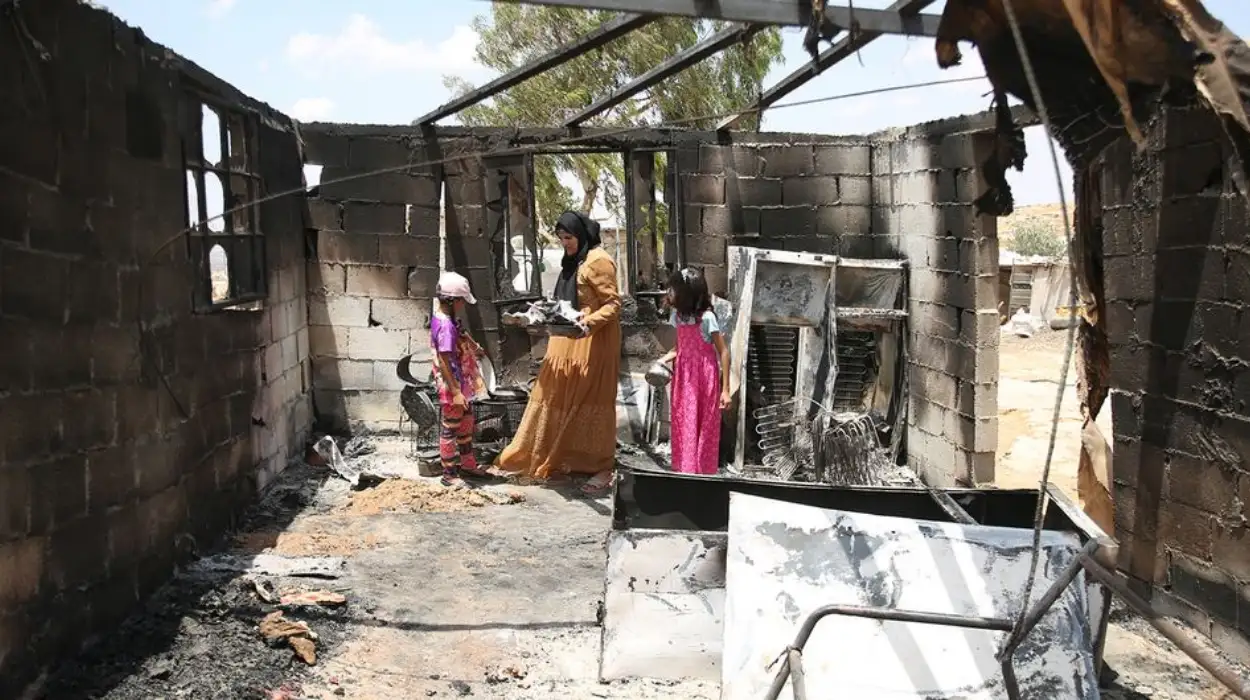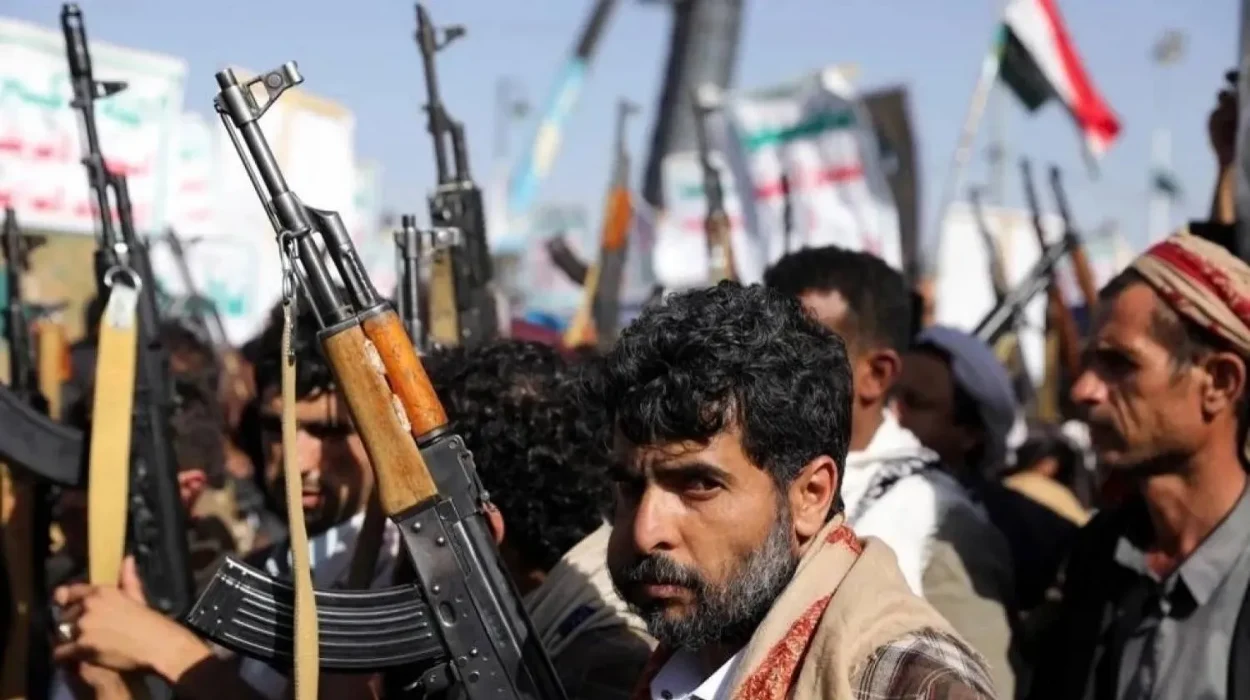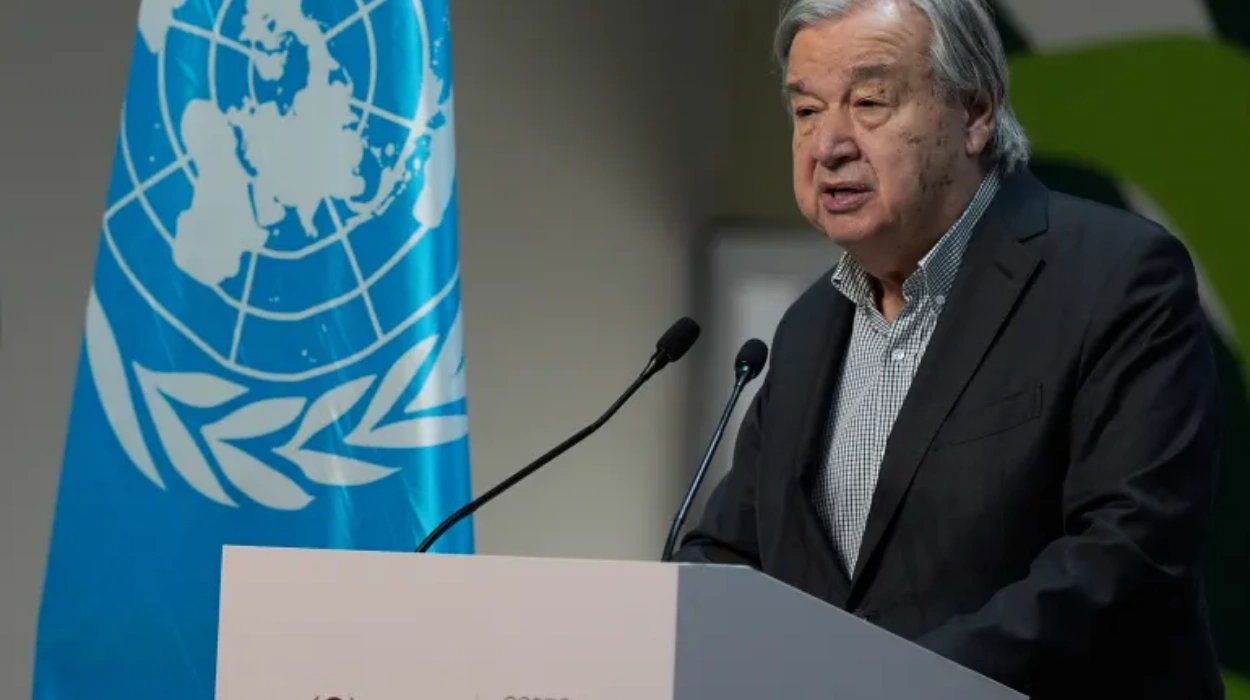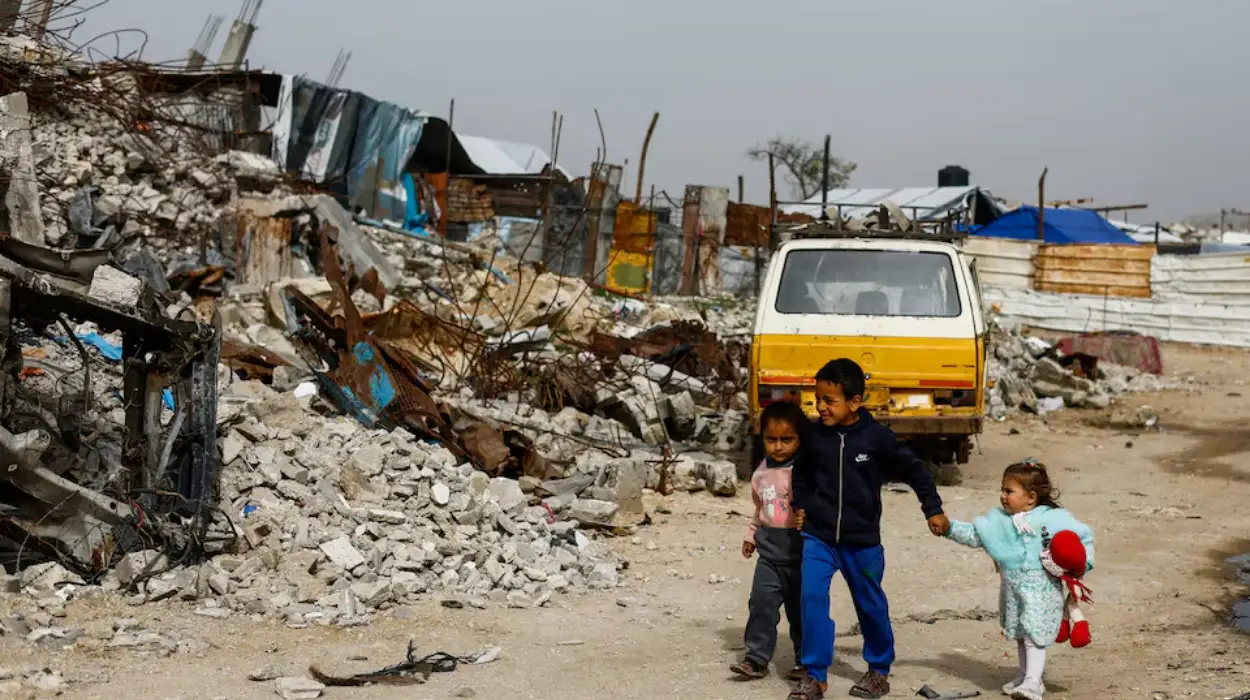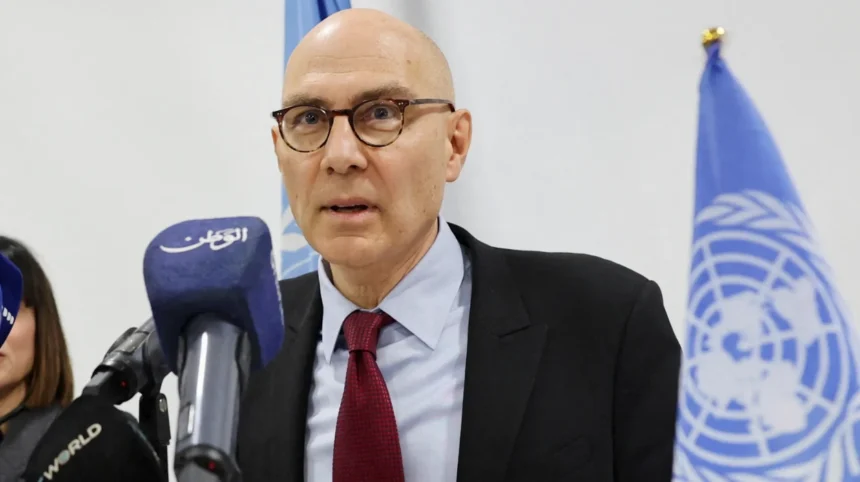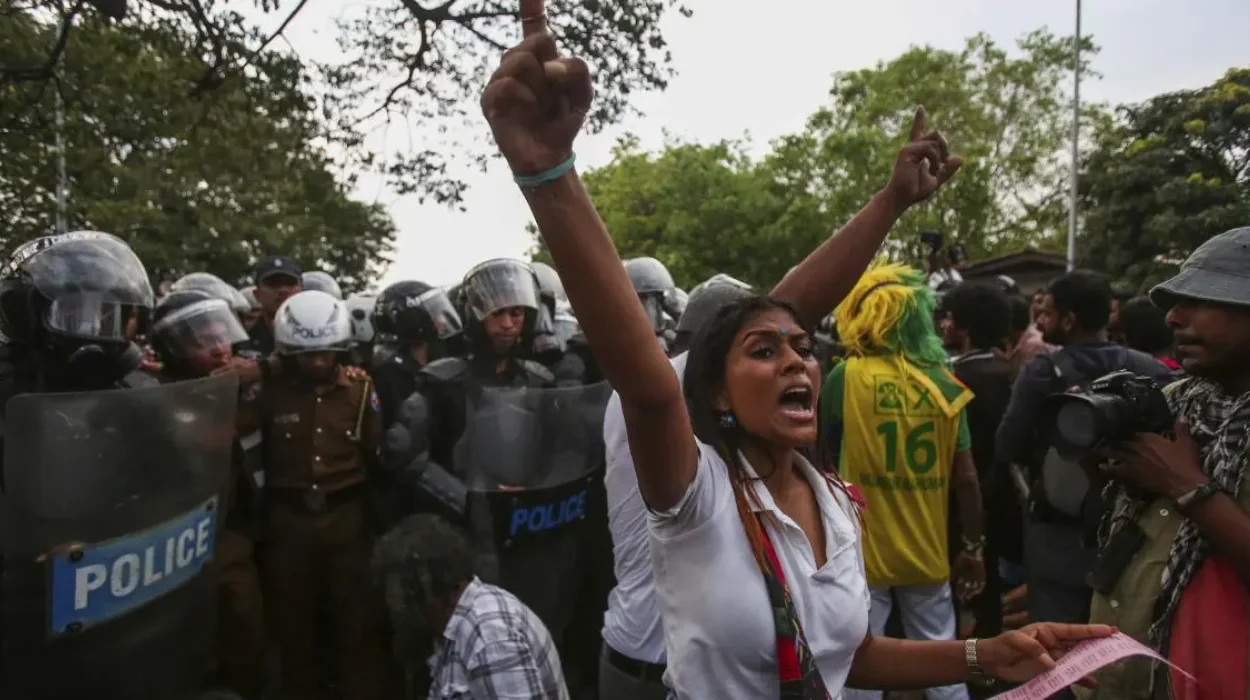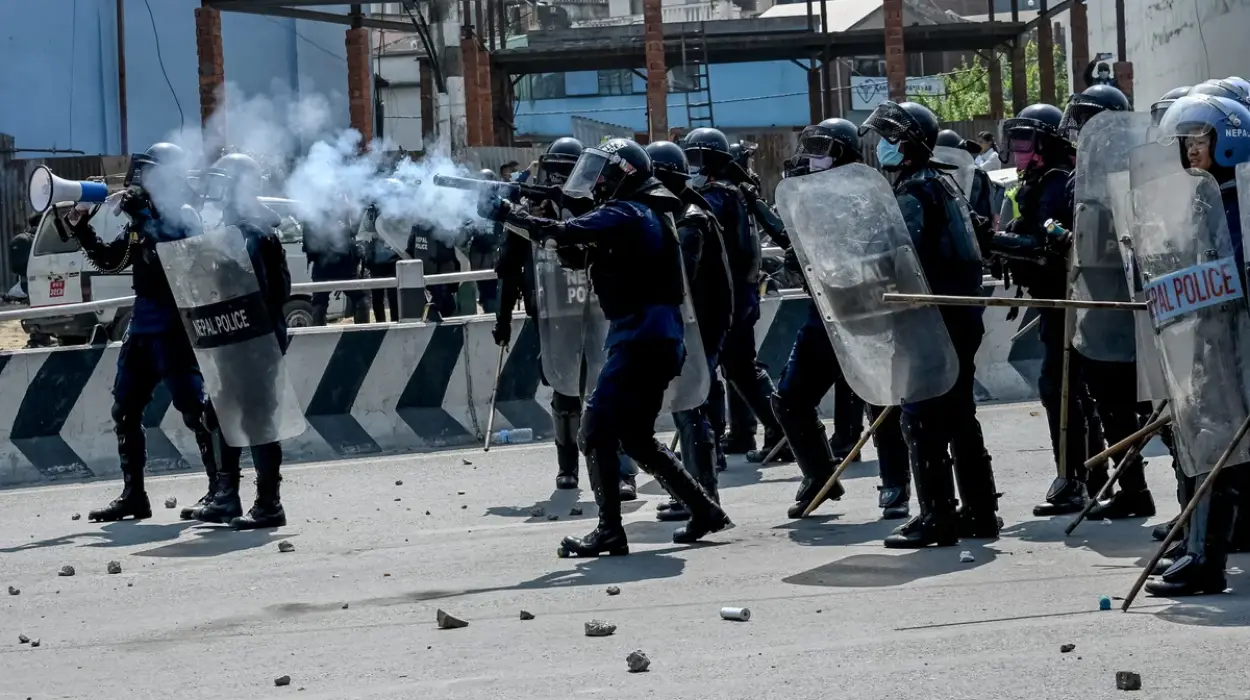The humanitarian situation in Gaza will be so acute by 2025 that even the number of the hundreds of thousands of civilians that were killed since the beginning of the war in October 2023 could be announced. On this basis, the U.S administration was imposing at the beginning of September 2025, a set of special sanctions on three prominent Palestinian human rights groups-Al-Haq, Al Mezan Centre for Human Rights and the Palestinian Centre for Human Rights.
These restrictions are imposed as per the stipulations of the Executive Order 14203 on companies that the U.S. believes poses a danger to its national interests by facilitating operations of the International Criminal Court (ICC) against the U.S. or its allies. These developments are also raising big concerns about how national security policy and international human rights responsibilities interrelate.
The context behind Washington’s decision
According to U.S. officials, the three Palestinian organizations were sanctioned because of their collaboration with the ICC in documenting alleged Israeli war crimes. Two Israeli officials are already subjects of ICC arrest warrants issued in late 2024.
Senior White House advisor Richard Goldberg defended the move, stating, “If you are a foreign organization that engages with the ICC against the United States or Israel, we will hold you accountable.” The administration emphasized its opposition to what it calls the ICC’s politicization of justice processes targeting allies.
UN Response: Volker Türk’s Global Call
The announcement of sanctions sparked immediate concern from the United Nations. UN High Commissioner for Human Rights Volker Türk issued a firm appeal for their withdrawal, framing the decision as an assault on civil society and justice systems.
Türk’s legal and moral argument
Speaking in Geneva, Türk emphasized that the affected NGOs work under extreme conditions and are critical in documenting violations, enabling access to justice for victims. He said,
“Attacks directed against civilians constitute a grave breach of international law and a war crime… Israel must respect binding orders from the International Court of Justice.”
Türk further asserted that undermining such organizations endangers global legal institutions and weakens the enforcement of international norms. The call came amid reports of malnutrition-related child deaths and widespread displacement in Gaza, intensifying the urgency of the message.
UN Human Rights Office communication
The UN Human Rights Office echoed Türk’s statements in its public messaging.
This person has spoken on the topic, warning that the “Gaza crisis deepens as NGOs face unprecedented pressure.” The post highlights the perceived erosion of legal protection and the need for renewed support for humanitarian and legal defenders amid escalating hostilities.
The Role of Palestinian NGOs and International Civil Society
The three sanctioned organizations are widely recognized within the international human rights community for their documentation of violations and legal advocacy. Their role has been instrumental in elevating civilian testimonies to global platforms, especially the ICC.
Allegations of silencing and retaliation
Following the announcement, all three NGOs released statements condemning the sanctions as acts of reprisal. They argue the measures aim to silence Palestinian civil society actors at a time when global institutions are finally beginning to pay attention to Gaza’s humanitarian crisis.
Al Mezan and Al-Haq specifically stated that their documentation efforts are fully compliant with international law and serve the interests of accountability. International rights groups, including Amnesty International, have voiced similar concerns.
Amnesty International’s position
Amnesty described the sanctions as “a shameful assault on the global pursuit of justice,” stating that the targeted NGOs are “the voice of Palestinian victims.” Amnesty Senior Director of Advocacy, Erika Guevara-Rosas, challenged the world to take action to ensure that no such history of attacking legal defenders is ever a part of a historical account of conflicts in the future.
Legal Accountability and Geopolitical Tensions
The sanctions are imposed when the right of the victims of the war crimes to get a legal redress in Gaza is becoming more and more restricted. Due to the investigations the ICC is undertaking, NGOs also face logistical, financial and political limitations of the future administration of justice.
Eroding accountability mechanisms
Analysts say the U.S. will reluctantly destabilize the international system of accountability through sanctions. It should be a preliminary measure because it provides a method of transforming co-operation with international legal authorities into the punitive, it discourages the involvement of civil society in the performance of judicial good faith.
These tendencies raise the question of the selectivity of justice and politicization of human rights campaigning, particularly in relation to those aspects in which the law is dependent on civil society participation in the fact-finding process and case-making.
Political Strategy Behind U.S. Sanctions
The US position symbolizes broader strategic alliances, specifically, the strong relationship it has with Israel. In order to prove that the move to alienate friends of the country in the politicized global platforms is as crucial as the security and integrity of the foreign policy of the United States Marco Rubio (the Secretary of State) has asserted.
Security interests over legal obligations
According to critics, that kind of justification puts political allegiance above the law. In its effort to weaken the work of organizations that document war crimes, the U.S. is also sabotaging its own international conventions that it purports to promote in other regards. It becomes clearer still in the discussion of Gaza where the humanitarian concept seems at war with this element of geopolitics.
Both the governments of Biden and Trump were sure that Israel had the right to defend herself but Trump returned to power in 2025, followed the interests of the Israeli army and the law more and imposed such sanctions.
Broader Global Reactions and Implications
International institutions such as different European parliaments and civil society networks have criticized the U.S. move as counterproductive. It sends a shiver to the gap of free documentation and victim activism in conflict areas, onlookers believe.
A turning point for international legal frameworks
According to proposals made by UN experts, such developments can represent a pivotal step in the postwar international order. International organizations may have limited power to hold actors accountable in relation to mass atrocities in case state-level retaliations against civil society become a standard practice.
The closer integration of humanitarian activism to geopolitics, the more ambiguous the question about the applicability or the inapplicability of international law becomes when the great powers are in danger of war.
An Unfolding Crisis with Legal and Moral Consequences
An indicator of a new balance of power, justice and humanitarian issues in the world arena is the implementation of the U.S. sanctions against Palestinian NGOs during one of the most serious humanitarian catastrophes in the history of Gaza.
As was experienced by the intervention of the Volker Turk, the international institutions are not becoming obsolete and there is the risk that they will leave their post when they are most needed by their services. With Gaza killing and destroying property, the international community is confused on whether they are pursuing their long term political interests which is to cause irreparable damage to the institutions of justice that are supposed to curb impunity.
This is not just about Gaza, in 2025, but about the future of international law, overall, as well as the feasibility of rights activism in an increasingly polarized world.


